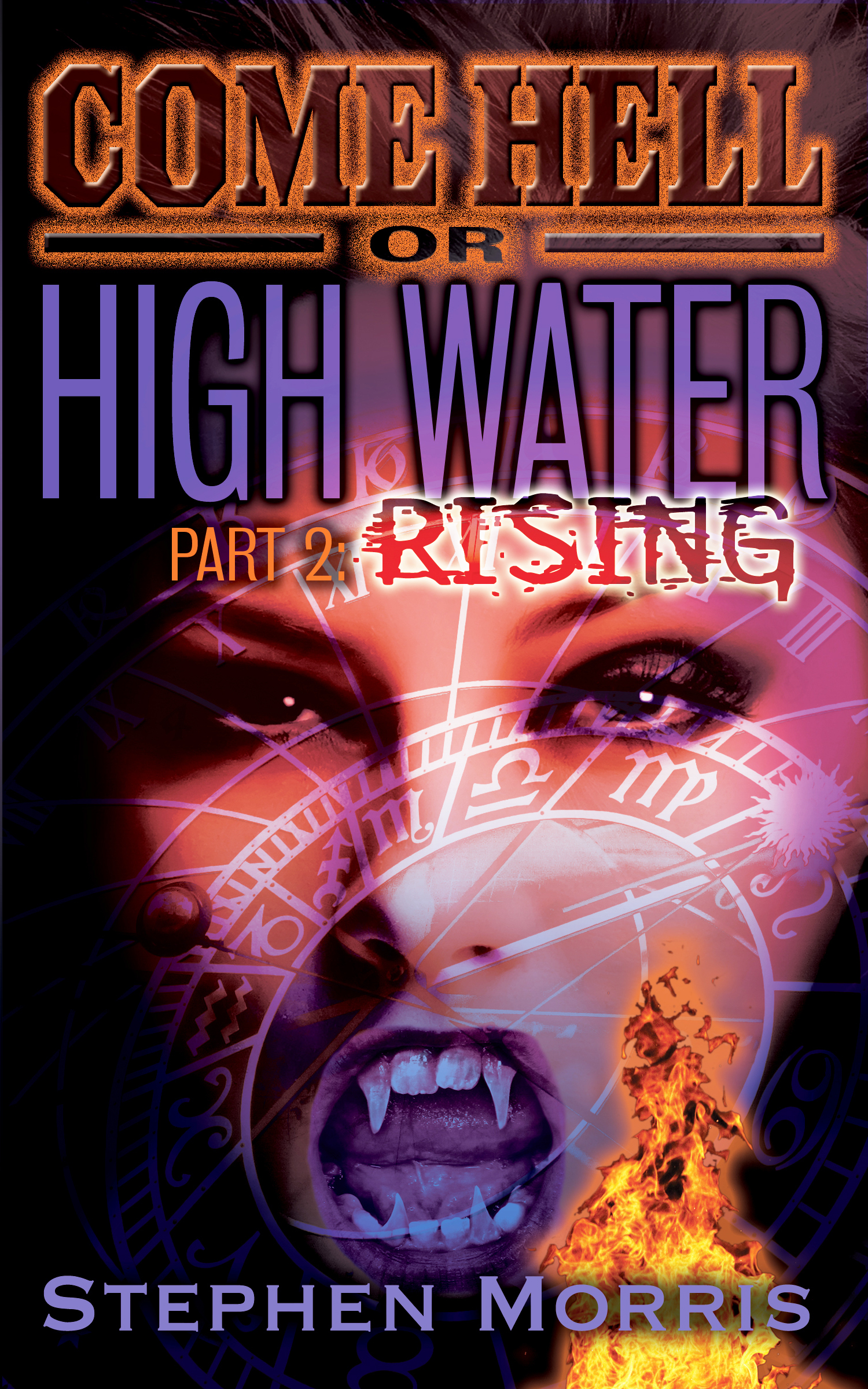
Alexandra Cheira, a scholar of fairy tales and mythology at the University of Lisbon, recently presented a paper about the Come Hell or High Water trilogy at a conference. Her paper examines the relationship between historical fact and legend in the books; she uses the question Robert Browning asks in The Ring and the Book as the title for her paper (and I use it for the title of this post). Alexandra says that the interplay of fact and fairy tale in trilogy presents “a whole picture of the city, in which well-done research is matched by believable story-telling, so much so that the realistic narrative is interspersed by supernatural occurrences which do not strike even the most skeptical reader as out of character.”
She also writes that “the narrative structure is also well-balanced between realism and fantasy, with the description of the conferences, the delegates and the general camaraderie that accompanies them acting as a down-to-earth catalyst for the supernatural parts. The narrative tone is informed – but never lecturing – and the reader does actually learn a lot on a variety of subjects without realizing it.”
Alexandra concludes, “All in all, Morris has managed to create an urban-historical fantasy which pairs fiction and fact and brings to question what is real and what is imagined. ‘Fiction’ is an aid to ‘fact,’ something that can better a story, so that Morris’s ‘fictional facts’ do indeed ring true in the wider context of the novels.”
I am very happy that Alexandra chose to discuss Come Hell or High Water in her paper at the conference. As with all good critiques, she taught ME something about the books that I had not realized as I was writing them!
